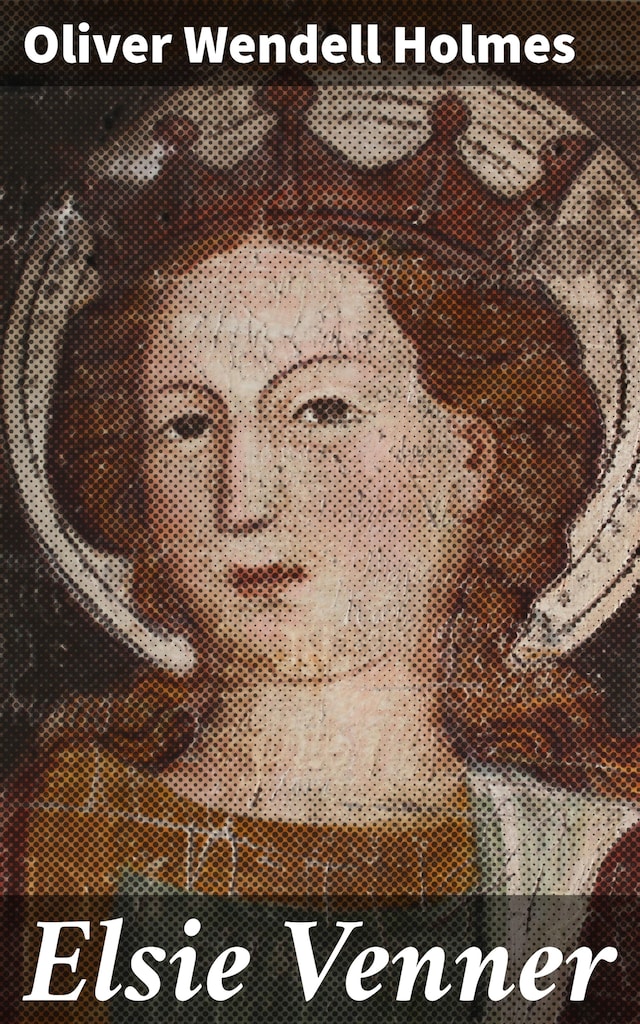
Elsie Venner
An Exploration of Heredity, Morality, and the Supernatural in 19th-Century New England
Description of the book
In "Elsie Venner," Oliver Wendell Holmes intertwines psychological depth with a rich narrative style reflective of the era'Äôs romanticism and emerging realism. Set in the academic backdrop of 19th century New England, the novel explores complex themes of identity, nature vs. nurture, and the intersection of science and superstition. Holmes employs vivid characterizations and intricate plot developments to craft a compelling tale centered on the enigmatic Elsie, a young woman grappling with her unique heritage and the societal expectations surrounding it. The book delves into the moral dilemmas of its time, making it a significant commentary on the interplay between human emotions and societal constructs. Oliver Wendell Holmes, a prominent figure in American literature and a contemporary of the Transcendentalists, drew from both his medical background and his keen observations of human behavior. His experiences as a physician profoundly informed his depiction of Elsie, blending a nuanced understanding of human psychology with the philosophical inquiries of the day. Holmes'Äôs position within the Boston intellectual elite provided a fertile ground for his exploration of social themes, reflecting the changing cultural landscape of post-Civil War America. "Elsie Venner" is highly recommended for readers interested in the psychological dimensions of character-driven narratives. Holmes'Äôs innovative blend of Gothic elements with philosophical depth invites contemporary audiences to engage with the timeless issues of identity and belonging. This novel not only provides an engrossing story but also serves as a critical lens through which to examine the societal values of both the past and present.
 Oliver Wendell Holmes
Oliver Wendell Holmes 470 Pages
470 Pages